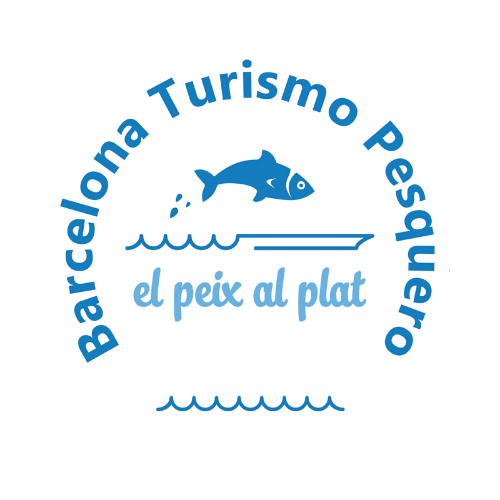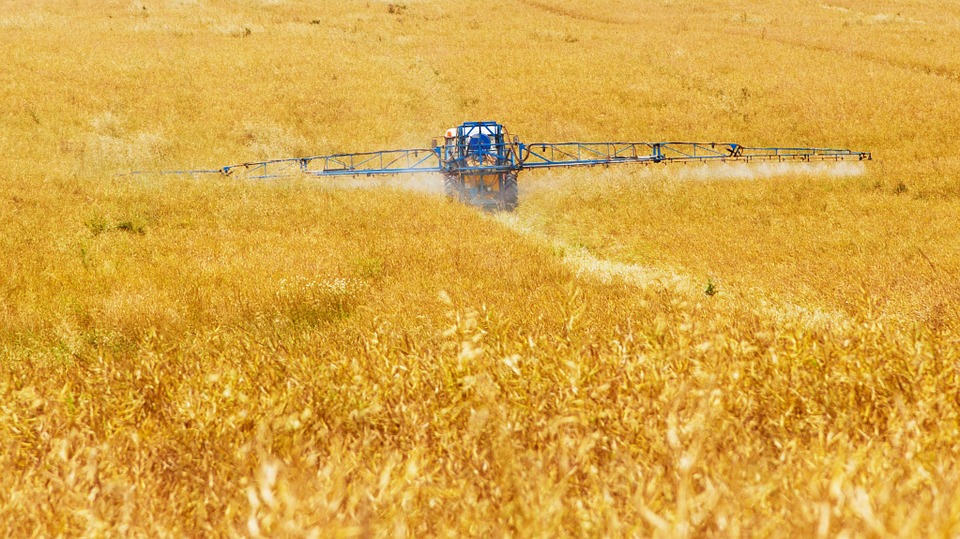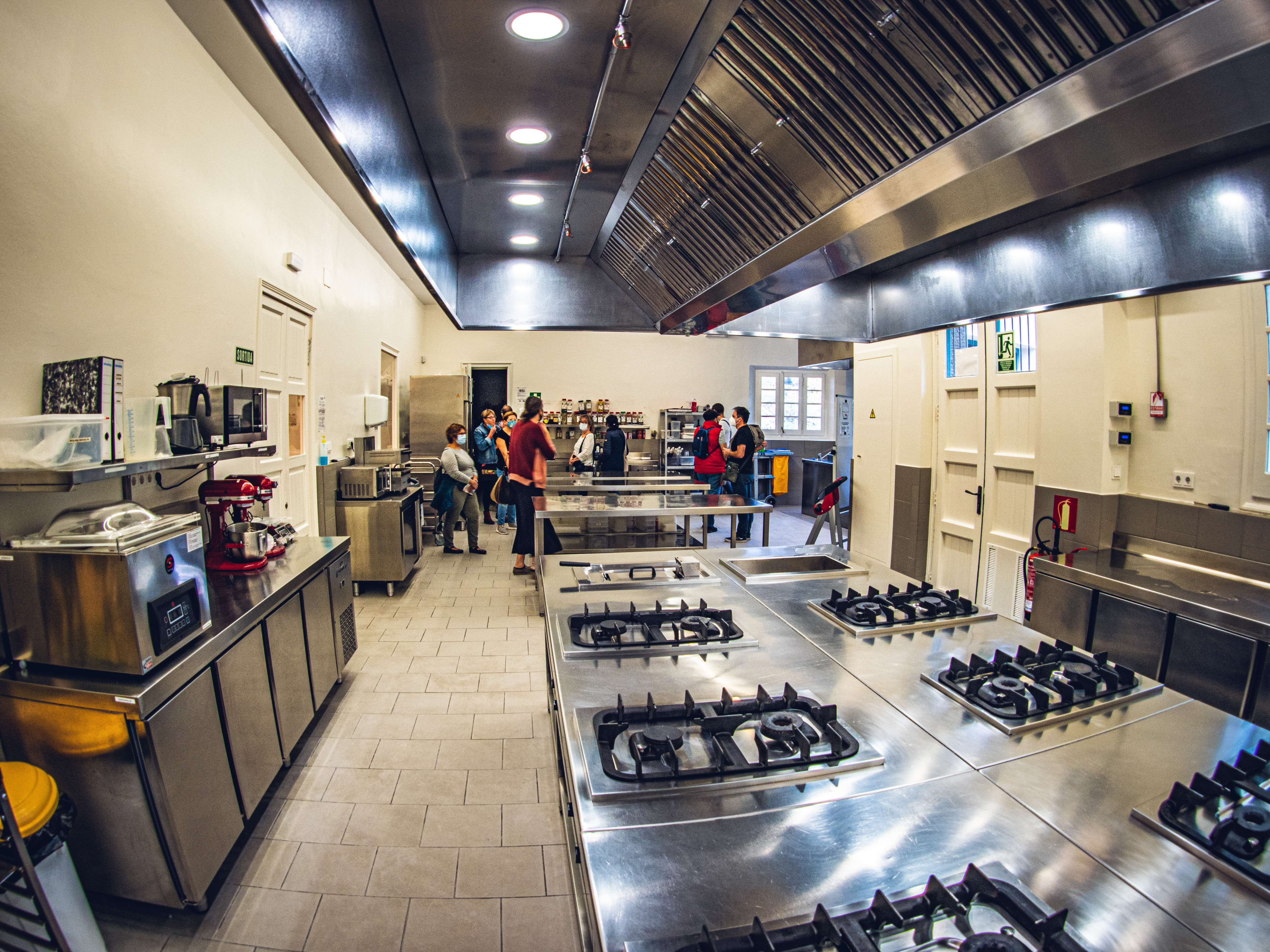In this programme you will find practical ways for moving towards a diet that includes habits which improve quality of life for ourselves and the people around us.
You learn how this affects our decisions, how we choose what we buy and where we buy it, all in a cheerful, fun and creative way.
We discover how to improve our surroundings and our inner selves, in order to feel full of life.
Our food choices have an impact on the environment; we review various diets (carnivorous, omnivorous and vegetarian) and finally focus on the plant-based diet.
Sustainable Food Citizen Week
Video resum de la Setmana Ciutadana de l'Alimentació Sostenible 2021
The activities of the Sustainable Food Citizen Week
Sustainable Food Citizen Week provides an opportunity to understand the relationship between food habits and cross-cutting aspects such as the climate emergency, local economic development, culture, politics, social rights and health. A week dedicated to citizens, in which you will achieve knowledge, reflection and debate about the main issues of the following activities.
Gastronomic heritage
- October 18th - 18.00 HBetevé broadcastingTelevised cooking workshop
- October 19th - 18.00 HBetevé broadcastingTelevised cooking workshop
How can you adapt sustainable food to healthy living?
Batch cooking consists in cooking for the whole family and investing a little time so you can make nutritious everyday meals, at home and for your lunch box.
BREAKFAST: habits as simple as a good glass of water, with sea water and lemon. Breakfasts such as shakes or smoothies, which you can warm up in winter. You will discover recipes such as rice pudding and pear, quality-bread sandwiches and an omelette made from organic eggs.
LUNCH: important notions on how to structure a dish with different groups of foods. A dish is not the same for a teenager as a middle-aged person. You can cook the same for all the family but put in what each person needs. You should always add vegetables in season, wholemeal carbohydrates, some raw vegetables, sprouted and fermented foods, etc. You will discover recipes such as baked pumpkin with curry; lentils cooked with adobo, sprouted ... and seeds; chickpeas with prawns; wholemeal rice with mushrooms; and lettuce head salad with carrot, olives and chopped chives. Wholemeal pasta with courgettes, mushrooms, squid with carrot and beetroot.
EVENING MEAL: an evening meal or supper should be light and eaten as early as possible. You will discover recipes such as pumpkin, sweet potato and oatmeal soup; vegetable pudding with carrot and broccoli; fish soup with noodles, and grilled fish in a sauce.
- October 20th - 18.00 HBetevé broadcastingTelevised cooking workshop
Getting children away from processed food as much as possible.
At home, we can organise menus very quickly, using fresh and seasonal local produce.
Not forgetting breakfasts and snacks and their natural desire for sweet food; we offer some great solutions.
Waste vs Good use
- October 16th - 10.00 H / 11.00 H / 12.00 h / 13.00 HParc de la BarcelonetaWorkshop
At the edible crockery workshop, children will create their own seasonal spoons, bowls and glasses using domestic technologies, with fruit and vegetables as their materials.
The aim is to offer children and parents a fun, creative activity that involves healthy food.
At the workshop, the children explore the shapes, textures, colours, aromas and tastes of the vegetables, learning concepts such as seasonal produce, location, ecology and properties of the fruit and vegetables. At the same time, the workshop fosters the introduction of these foodstuffs in their daily diets. - October 16 - 14.00 HParc de la BarcelonetaCulinary experience
A free, best-use meal to raise people's awareness about the value of food, preventing food waste and making the best use of food. 200 menus will be served, made using recovered food and a plenty of creativity! Parc de la Barceloneta will become an amplifier for the people and projects that work towards reducing food waste, making the most of food and achieving zero waste. The recovered food is the star of the show! The other ingredient: volunteers. The kitchen will be humming thanks to a team of volunteers who make it possible to recover surplus food, cook and serve the dishes. The selection, cleaning and preparation of all the recovered food is carried out in a fun, relaxed atmosphere. Everyone is welcome! On the same day, we will also be offering recovered food that hasn't been used by the kitchen, at an “adoption stall”, as a donation and act of joint responsibility towards the value of the product.
We hereby inform you that we cannot guarantee that the meals served during this event are free of substances that may cause some type of allergy or food intolerance.
- October 17th - 20.00 HPlaça ReialShow
At the improshow we play with knowledge about food, sustainability and the climate emergency. We’ll be improvising everyday situations connected with sustainable food and local organisations, through humour and based on audience suggestions.
An innovative experience in which the audience will become the authors of stories that are surprising, exciting and fun.
Urban rurality and biodiversity
- October 21st - 17.30 HBiblioteca Joan MiróVisit / Tour
A walk for discovering the many wild plants we have close to home that we were unfamiliar with and the varied possible uses of which we could never have imagined. We’ll learn how to identify them, we’ll smell and taste them and discover the uses each of the species has inside and outside the kitchen.
- October 22nd - 17.30 HPlaça Lesseps (sortida metro)Visit / Tour
A walk for discovering the many wild plants we have close to home that we were unfamiliar with and the varied possible uses of which we could never have imagined. We’ll learn how to identify them, we’ll smell and taste them and discover the uses each of the species has inside and outside the kitchen.
- October 23th - 10.00 HEstació Carretera de les Aigües- Funicular de VallvidreraVisit / Tour
A walk for discovering the many wild plants we have close to home that we were unfamiliar with and the varied possible uses of which we could never have imagined. We’ll learn how to identify them, we’ll smell and taste them and discover the uses each of the species has inside and outside the kitchen.
Ecological footprint
- October 17th - 13.00 HPlaça del ReiTalk
Talk looking at all the most common stages of the life cycle of our food. From the farm to the table, we’ll be pondering the carbon footprint of agriculture, packaging, logistics, cooking, organic waste etc. The overall goal is to provide information for deciding on food which has a lower impact in terms of greenhouse gas emissions. The session will also stress the contradictions in environmental communication for consumers.
- 17th October 13.30 hPlaça del ReiTalk
What are the impacts of our food system on our planet? How does this affect the peasantry, our territory and the communities of the global south? What role does the food industry play? What can we do as consumers? What is the role and situation of women, who have traditionally fed the world? On all these issues, we offer you an exciting dialogue with Vandana Shiva (Indian climate activist, graduate in physics, philosopher, ecologist, feminist and author of more than twenty books and 300 articles in the world's most prestigious scientific journals) and Esther Vivas ( activist, researcher in social movements and agricultural and food policies, degree in journalism and diploma in higher studies in sociology from the Autonomous University of Barcelona).
- October 17th - 17.30 HPlaça del ReiRound table
The current industrial agri-food system generates a series of environmental conflicts that are manifested through struggles and mobilisations in response to the impact this system has on the environment and society. These conflicts are mainly associated with the defence of environmental conditions or equal access and distribution of natural resources, often occurring in production and transit areas, and ultimately affecting the regions and communities where they happen. They often reveal conflicting interests, different development paradigms, and aspects related to involvement in decision-making.
The aim of this roundtable is to address some of the main current socio-environmental conflicts in Catalonia, arising from the food system, and to understand the causes and impacts both in Catalonia and the Global South, in order to make them visible, encourage dialogue and provide possible solutions or alternatives.
Proximity
- October 17th - 20.00 HPlaça ReialShow
At the improshow we play with knowledge about food, sustainability and the climate emergency. We’ll be improvising everyday situations connected with sustainable food and local organisations, through humour and based on audience suggestions.
An innovative experience in which the audience will become the authors of stories that are surprising, exciting and fun. - October 19 at 7:30 h / October 20, 21 and 22 at 16:00 hFishermen's Guild of BarcelonaVisit / Tour
The fish market is a specific part of the Barcelona fishing port where the fish that have been caught during the day are auctioned off for sale. On the occasion of Sustainable Food Week, the market opens its doors so that we can learn about the fleet of the Fishermen’s Guild of la Barceloneta, the various fishing methods used and the environmental impact they have. During the visit, we will talk about the types of fishing and the methods used to catch different species, while learning what a day at the market is like, what species are sold at auction, and what measures are being taken to address the new challenges that are putting marine ecosystems at risk.

- Remnants and futures of agriculture in Barcelona: La Ponderosa, El Rec Comtal and La Casa de l’AiguaOctober 23th from 10.00 to 13.00 HCasa de l'Aigua de la Trinitat NovaVisit / Tour
Are there any allotment estates left in Barcelona? How does Barcelona feed itself? How vulnerable are we, without having land available for producing the food we eat? Discover La Ponderosa, the city’s last allotment estate, the Rec Comtal and water heritage, and fall in love with local produce and sustainable food.
More week
- October 24th from 11.00 to 12.30 HPrat de la Riba 71, Santa Coloma de GramanetVisit / Tour
This is project for changing the use of the Noucentista Canigó pavilion, at the Torribera complex, designed by architects Masó and Pericas. The building had mainly been used for the care and residence of mentally ill people: Now a new use is proposed for it as a restoration school. The project takes account of the original spaces and finishings and aims to emphasise the structure of the building’s Noucentista vaults and arches. The pavilion’s spaces are sufficiently versatile and generous for the new programme to be comfortably located there in accordance with current functional requirements. The interior treatment is very neutral, seeking the clearest and cleanest possible expression of the facilities.
- October 24th from 11.30 to 12.30 H and from 12.30 to 13.30 HFundació Joan MiróTalk, Culinary experience
Miró always had a carob pod from Mont-roig del Camp tucked in his pocket. Discover more about this local alternative to cacao, a superfood that’s been unfairly discredited in recent decades. Get to know the properties of carob, plus some of its secrets and a few quirky facts, and you’ll see tempting ways to make it a part of your diet, to strengthen the rural economy and at the same time avoid the progressive loss of cultivated land.





















